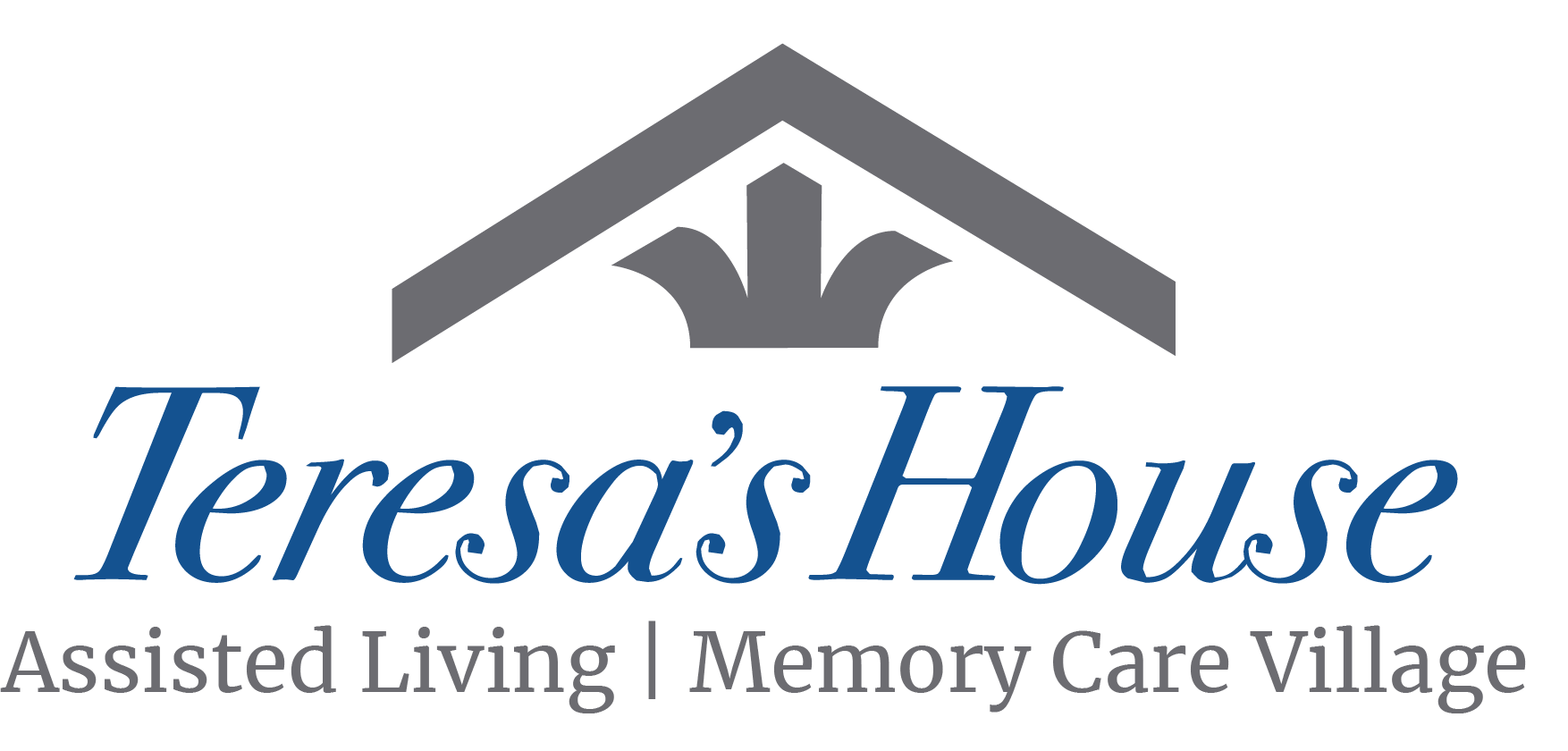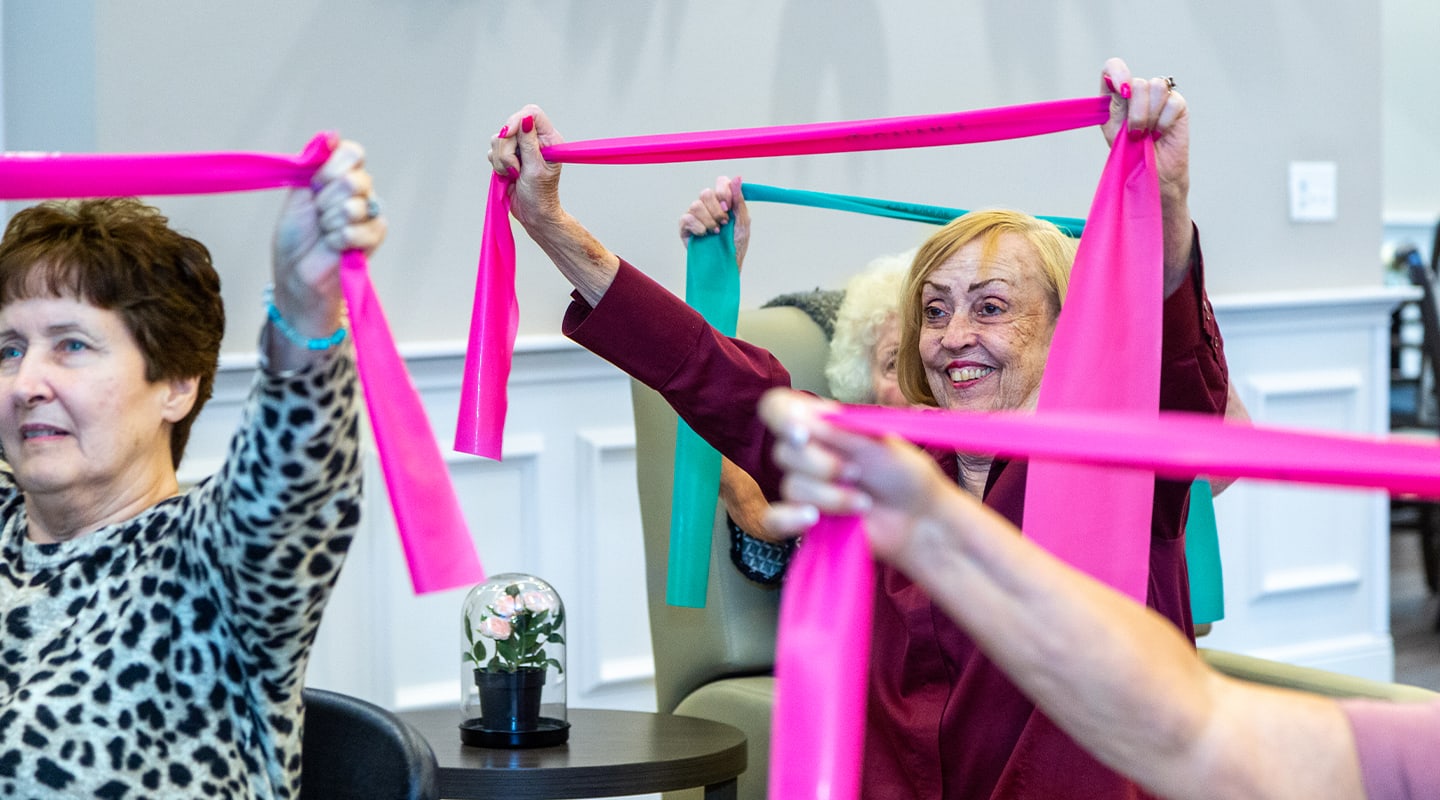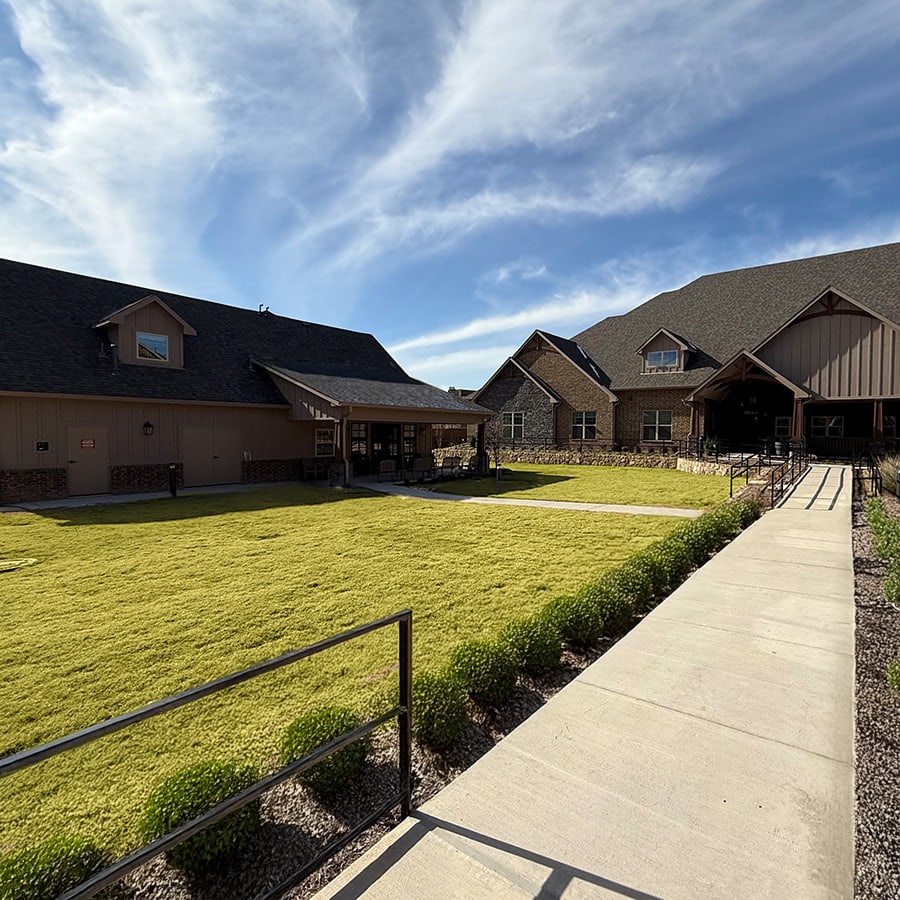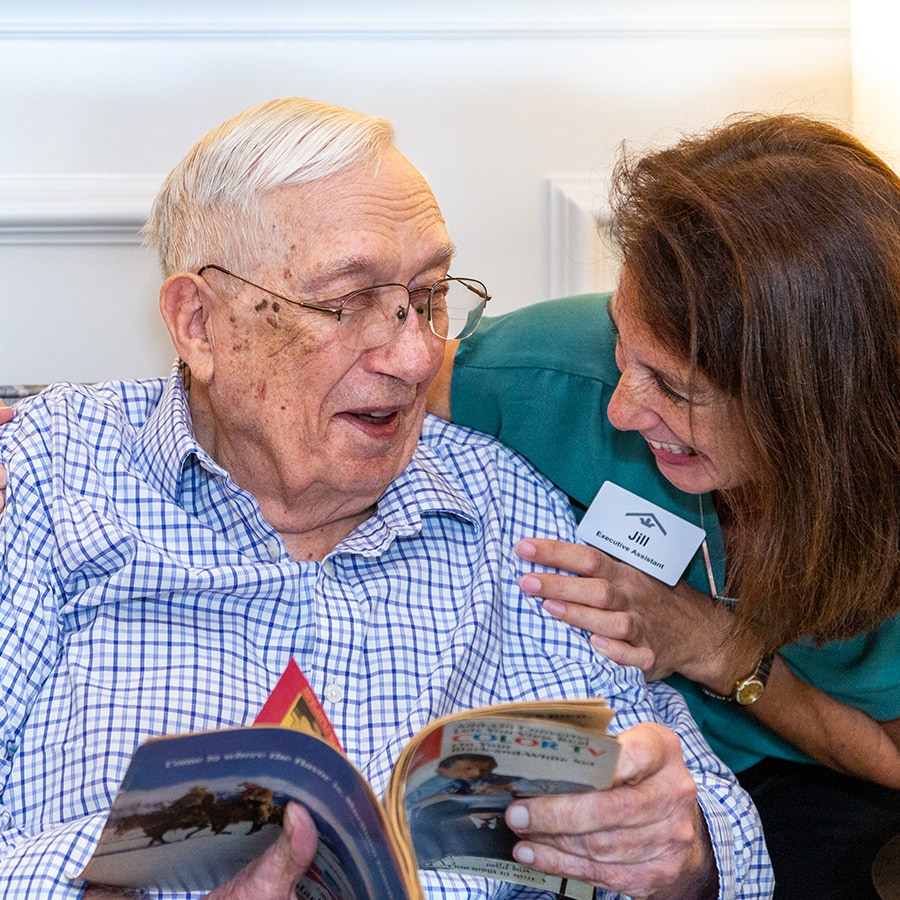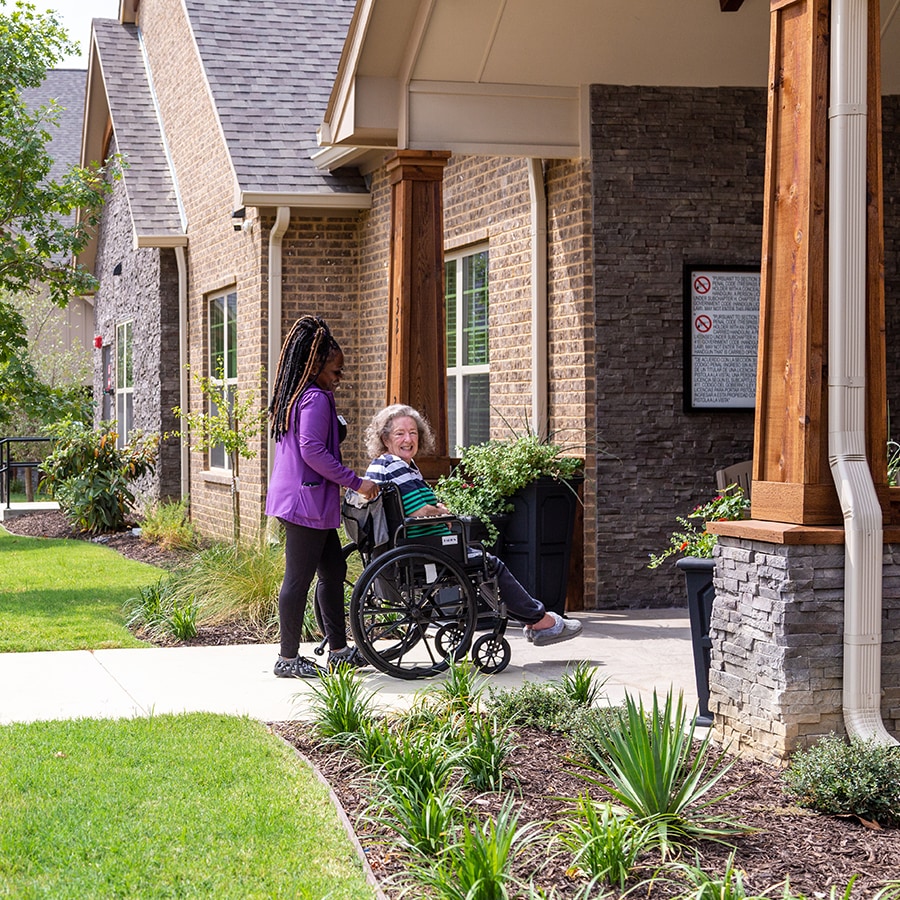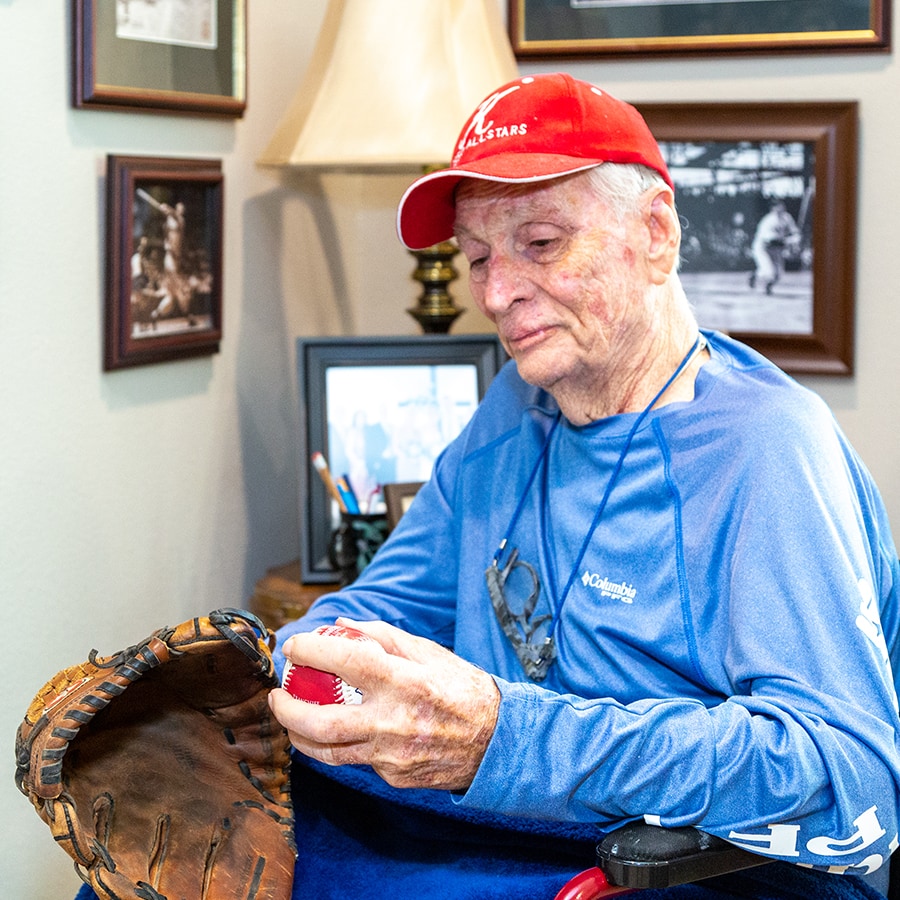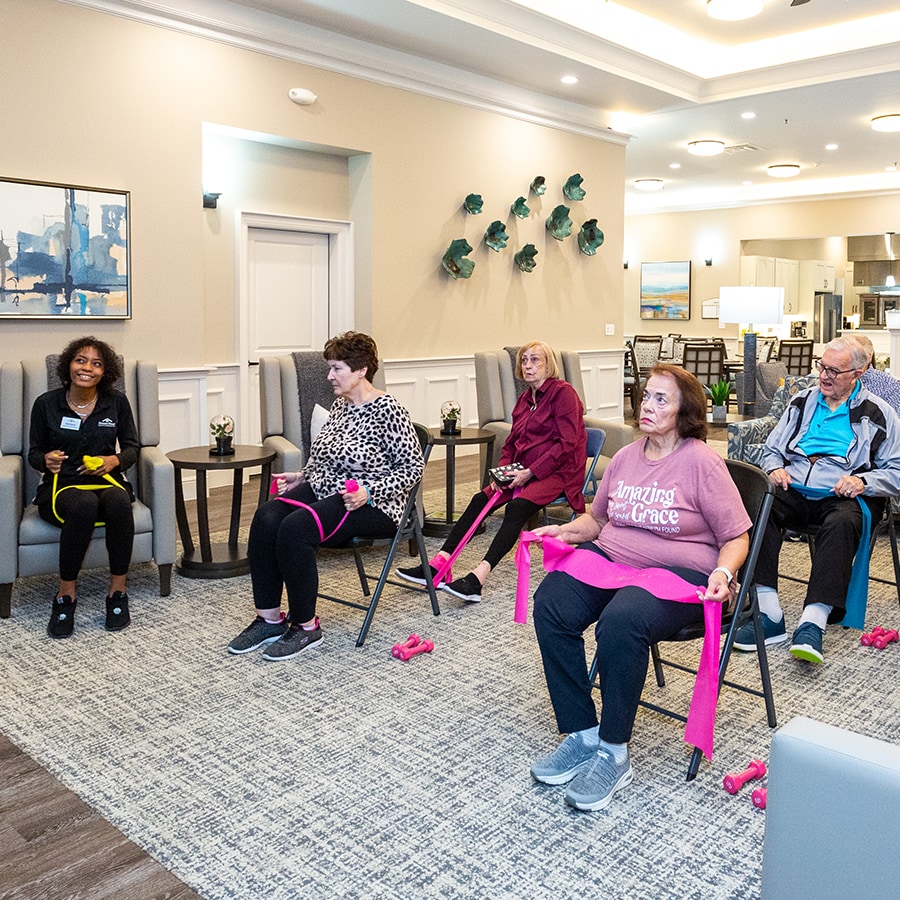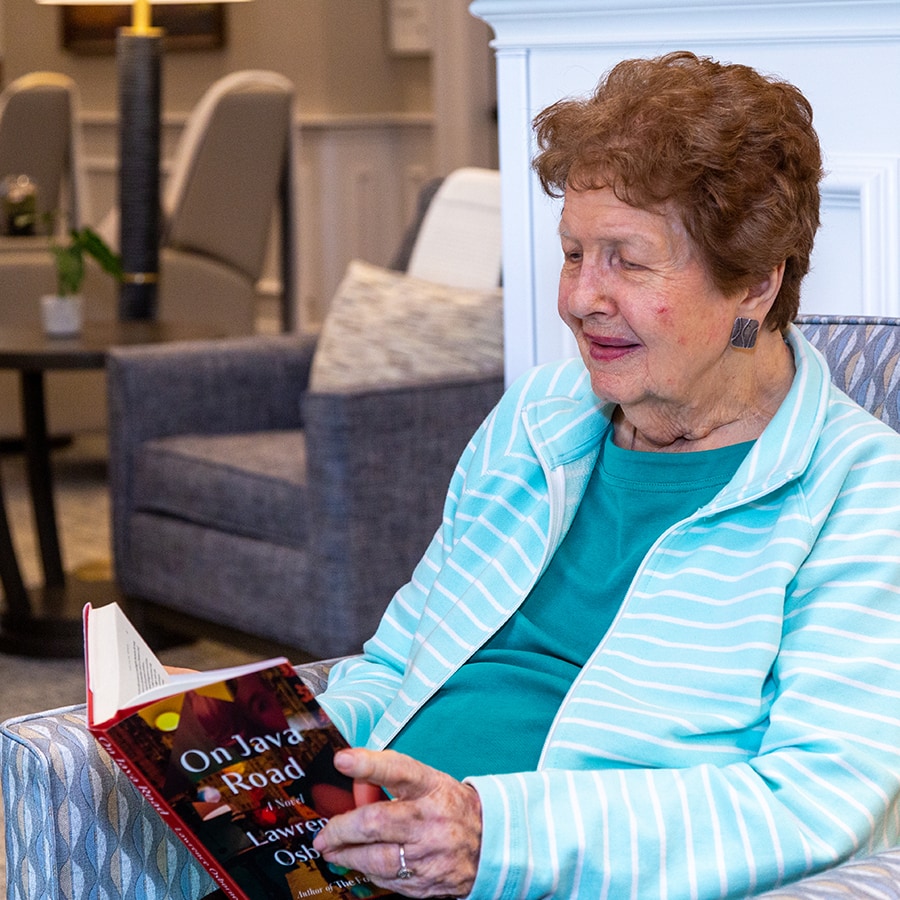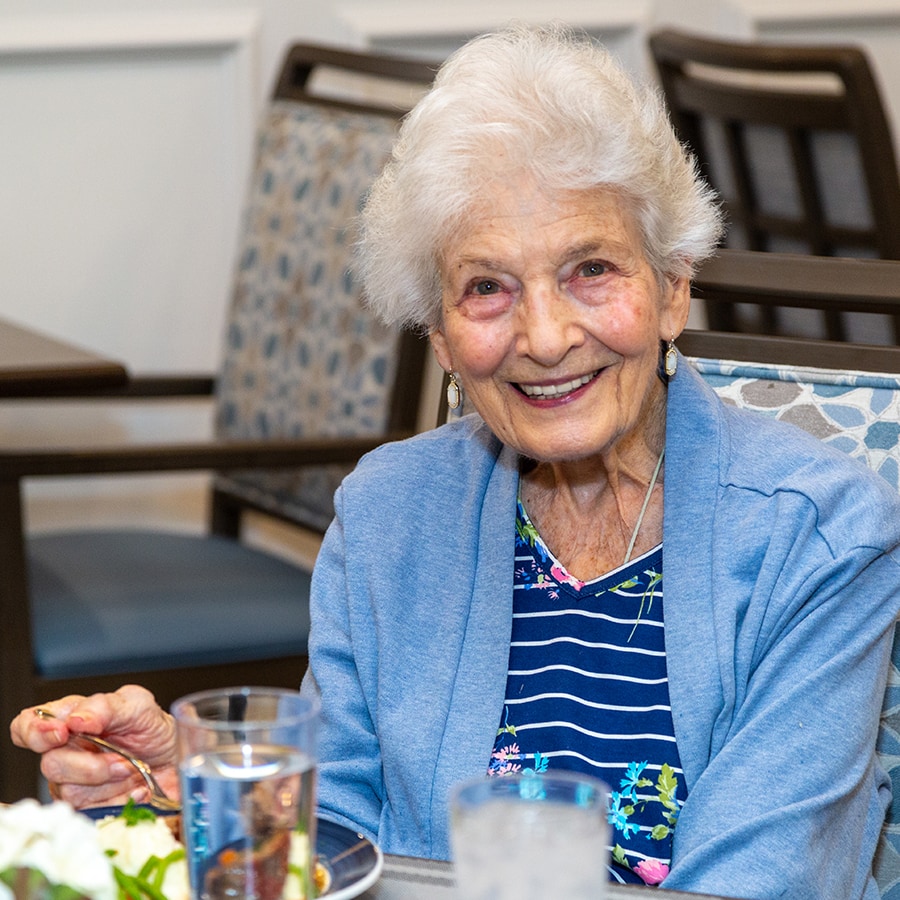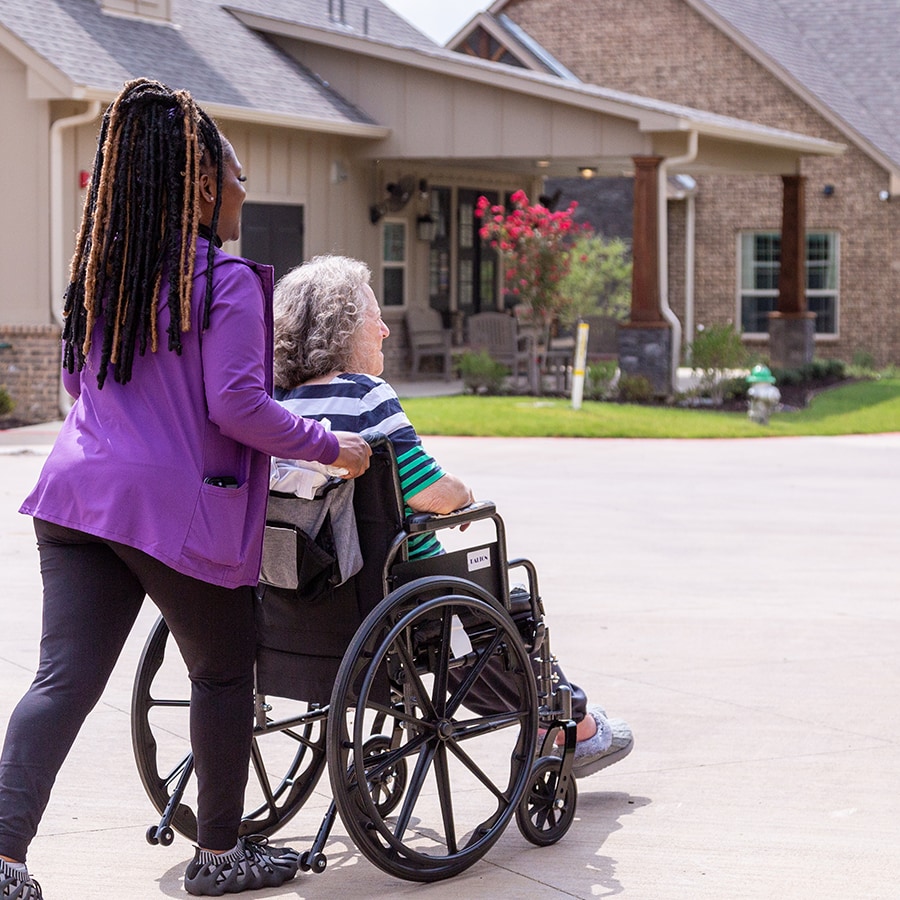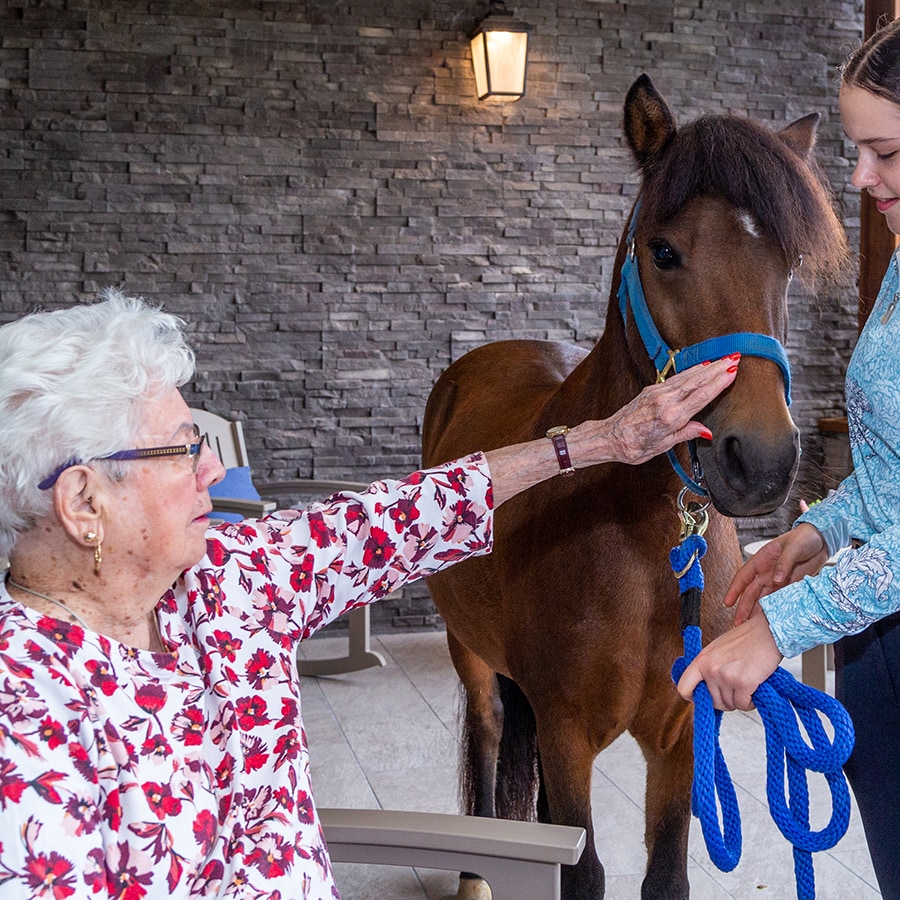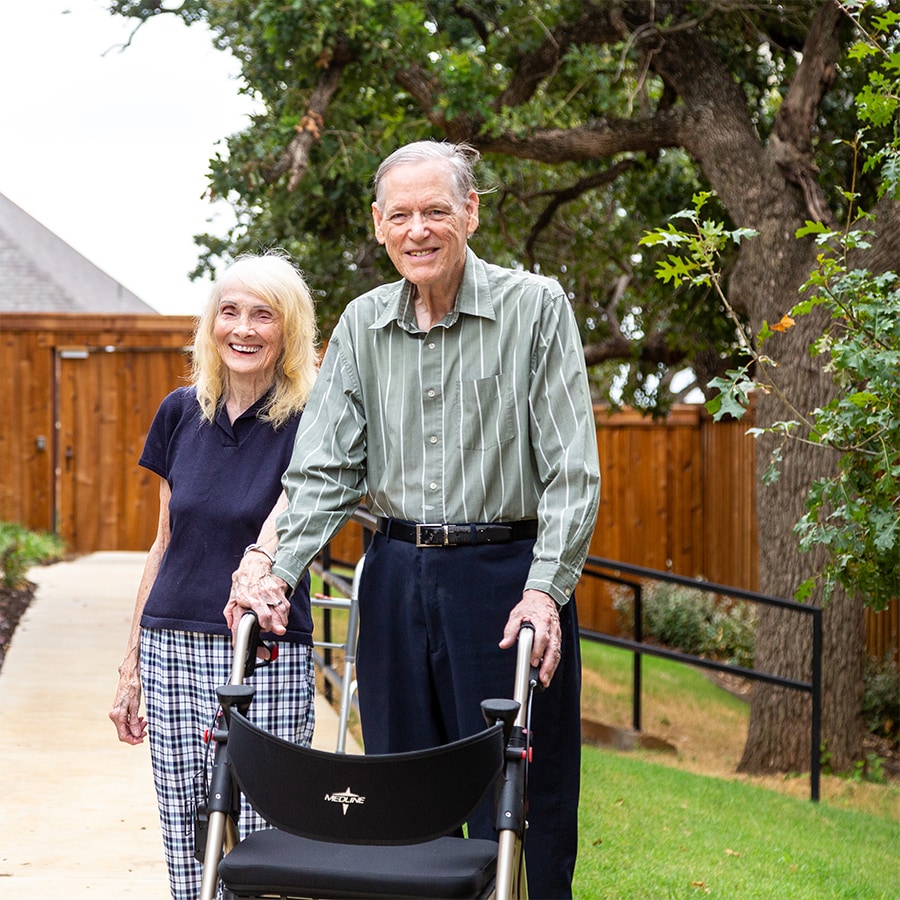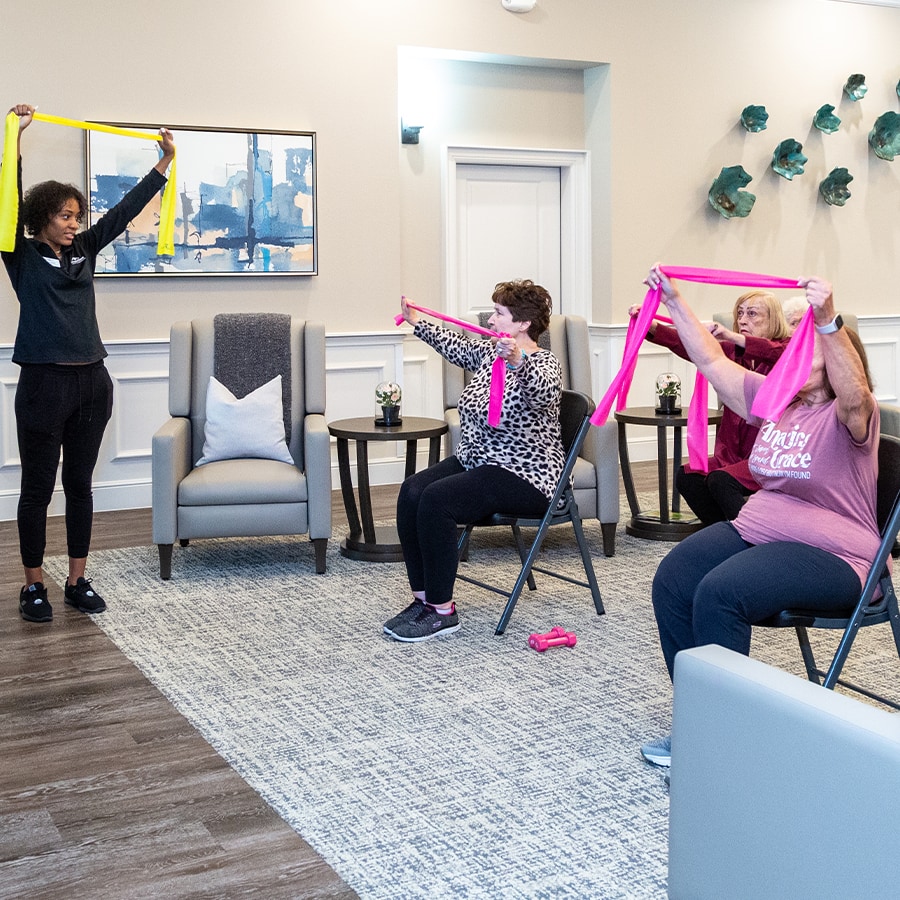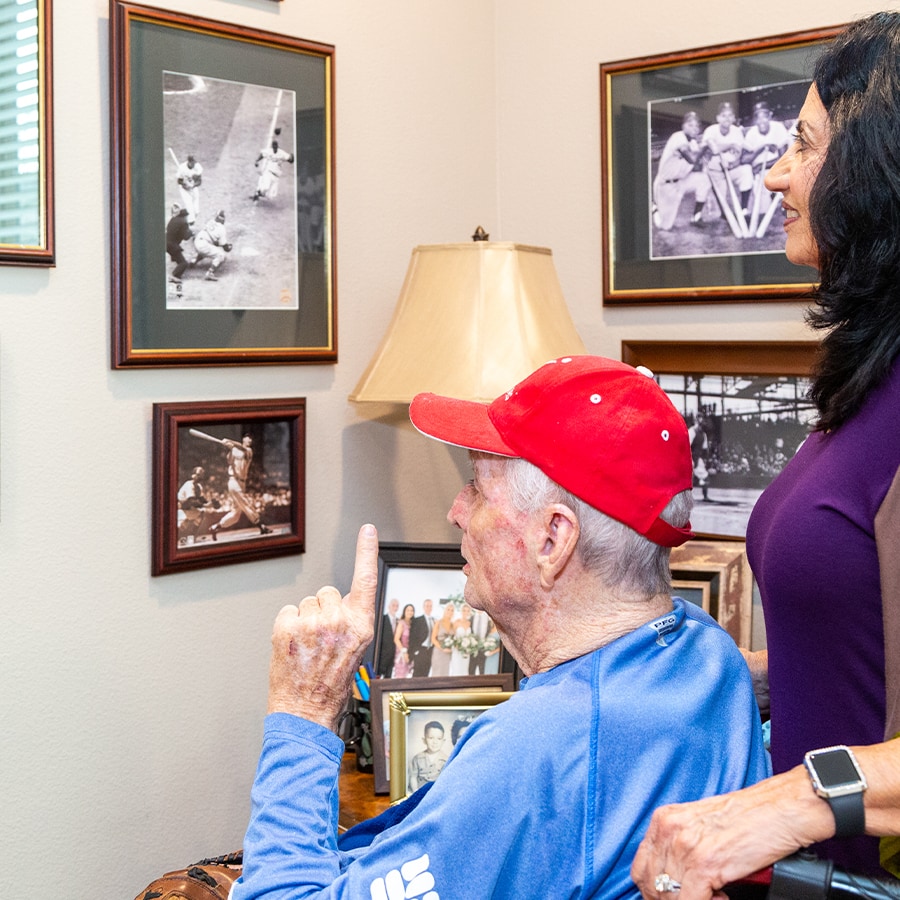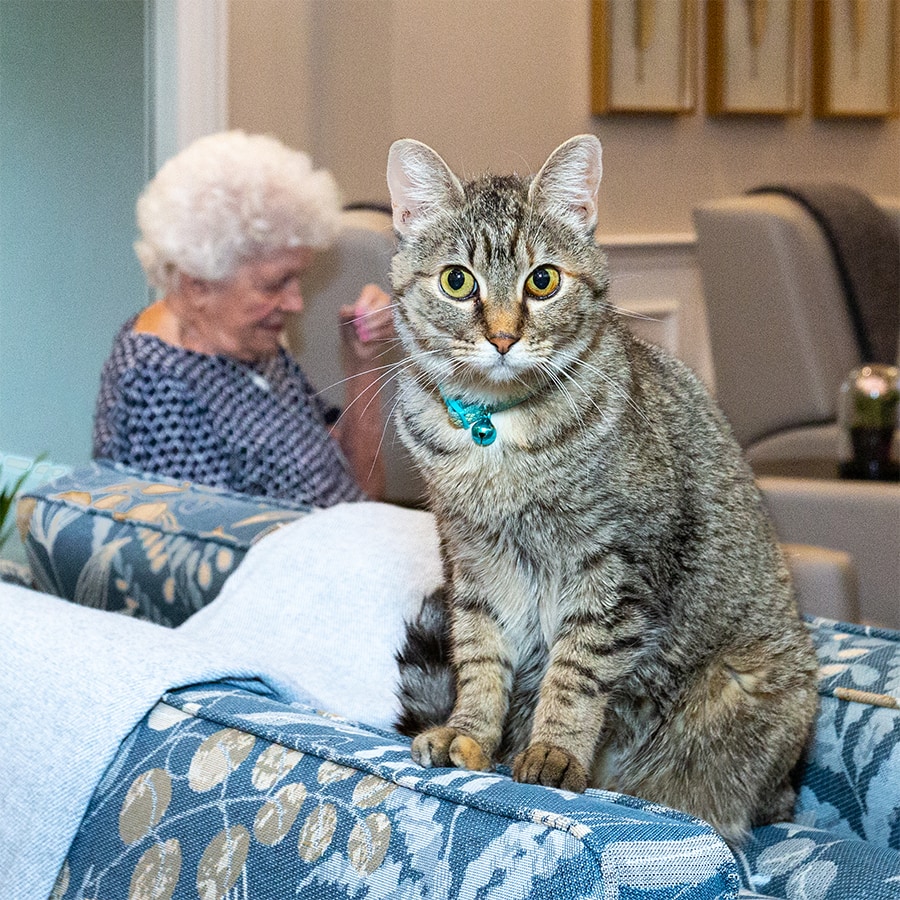It’s an unfortunate fact that many seniors today lack adequate regular physical activity. Exercise is beneficial for people at any age, and it can be a true gamechanger for seniors. A healthier heart, stronger bones and improved flexibility are just a few of the ways it can help. Additional benefits that seniors have experienced include reduced risk for chronic diseases, lower risk of injury and mood enhancement.
How Exercise Helps as We Age
As we age, muscle mass decreases. Beginning in our forties, adults can lose 3-5% of muscle mass with each subsequent decade of life. Muscle is an essential contributor to balance and bone strength. It keeps us strong. Without it, our mobility and independence become compromised.
Exercise is also key for cognitive function. Scientists have found that brain neurons — the cells that perform the functions that keep us alive, help us think and improve our memory — increase after a few weeks of regular exercise. In fact, researchers found that when individuals walk three or more times a week, the occurrence of dementia was as much as 35% lower than seniors who did not engage in physical activity.
Some Key Benefits of Exercise for Seniors
IMPROVEMENT OF HEALING AND FUNCTION
Regular exercise by seniors may decrease the time it takes for a wound to heal by 25%. Also, a healthy, strong body is better at fighting infection and makes recovery from illness and injury easier.
PREVENTION OF DISEASE OR CHRONIC CONDITIONS
According to the National Institute of Aging, seniors who exercise a minimum of 30 minutes, three to five times a week, may delay or even prevent diseases like diabetes, cancer, stroke, heart disease and osteoporosis.
IMPROVED MENTAL HEALTH AND MORE RESTFUL SLEEP
Numerous cognitive studies show that regular activity also produces endorphins (the “feel good” hormone), which act as a stress reliever, mood stabilizer and makes you feel happy and satisfied. In addition, exercise has been linked to improving sleep, which is especially important for seniors who often suffer from insomnia and disrupted sleep patterns.
IMPROVED COGNITIVE FUNCTION
Regular physical activity and fine-tuned motor skills benefit cognitive function. Countless studies suggest a lower risk of dementia for physically active individuals, regardless of when you begin a routine.
INCREASED BALANCE AND STABILITY
Falls are the number one injury among seniors, and regular exercise can help prevent them. Falling can lead to broken hips or other bones and exercise is key to improving functional reach and balance. Preventing all falls, especially ones that involve a head injury, is extremely important for longer-lasting health.
SOCIAL ENGAGEMENT
Whether you join an exercise class or create beauty in the garden, exercise can be a fun social event. Maintaining strong social ties is important for aging adults to feel a sense of community and avoid feelings of loneliness or depression.
The Good News
It’s never too late for seniors to engage in a regular exercise routine. The main thing is to find something you enjoy and start at a level that can easily be maintained. At Teresa’s House, we offer an array of activities and wellness programs to keep seniors fit in mind, body and spirit. To learn more or schedule a tour, call us today at 972.747.8033. See what makes Teresa’s House exceptional in Dallas-Fort Worth senior care.
Disclaimer: The statements on this blog are not intended to diagnose, treat, cure or prevent any disease. The author does not in any way guarantee or warrant the accuracy, completeness, or usefulness of any message and will not be held responsible for the content of any message. Always consult your personal physician for specific medical advice.
